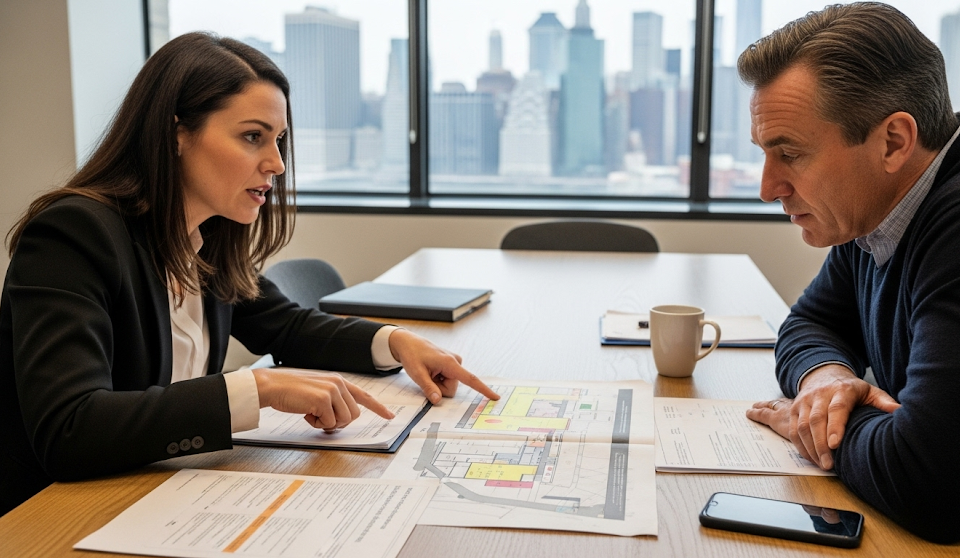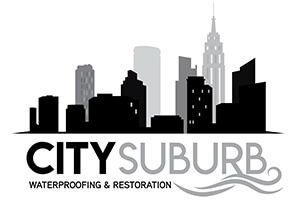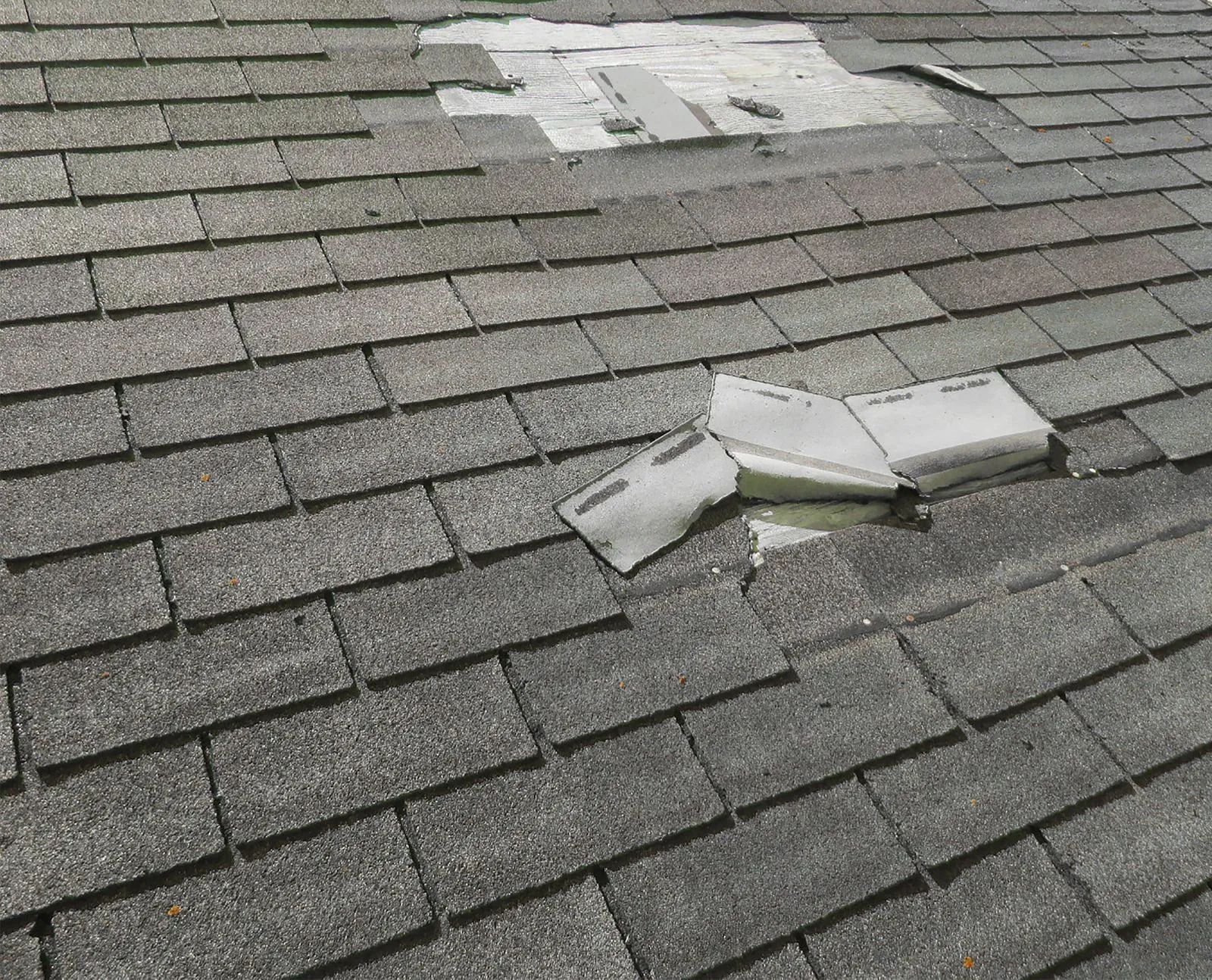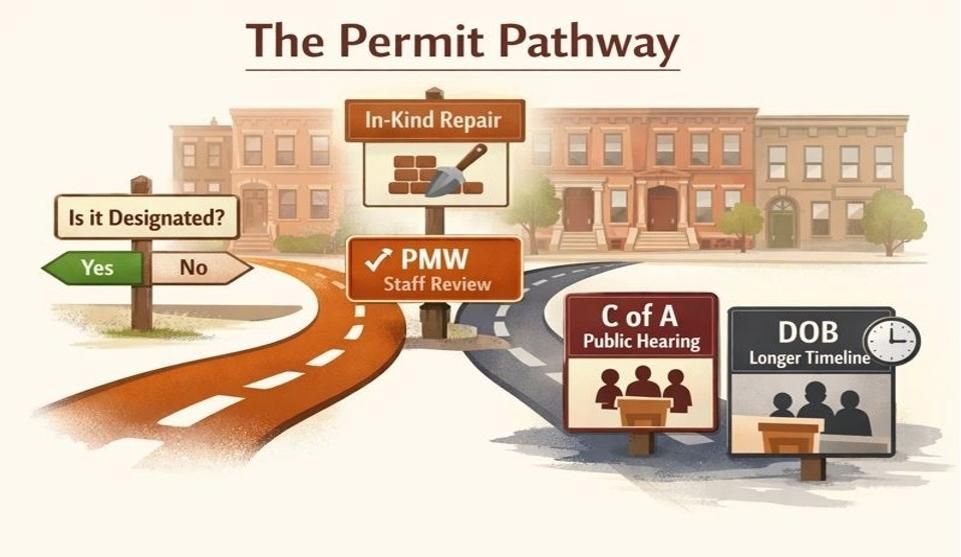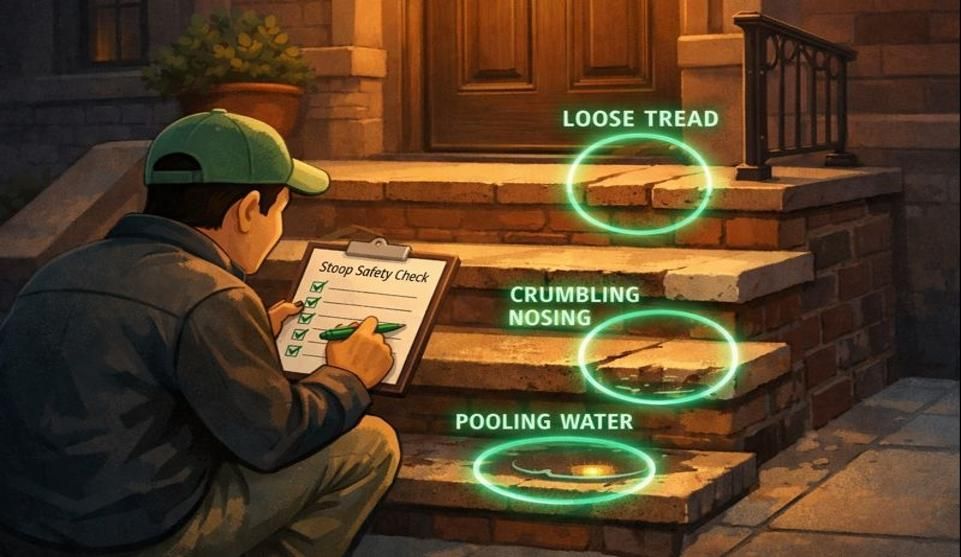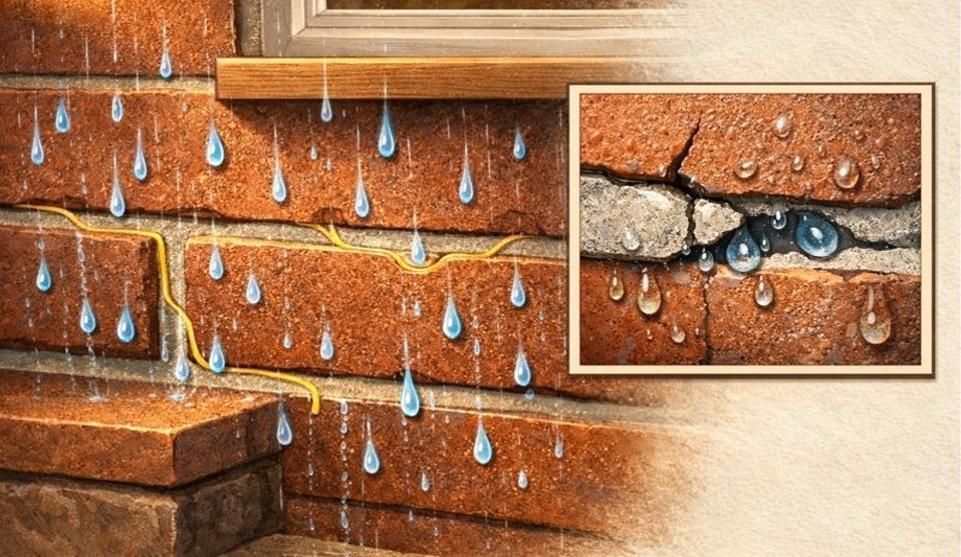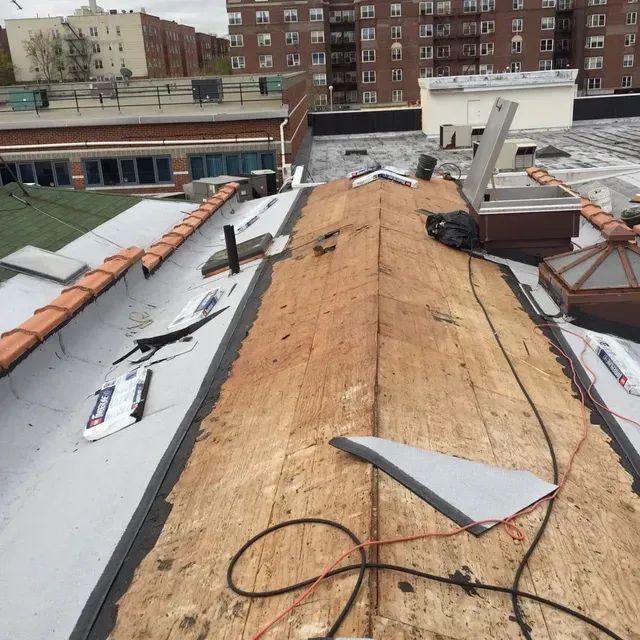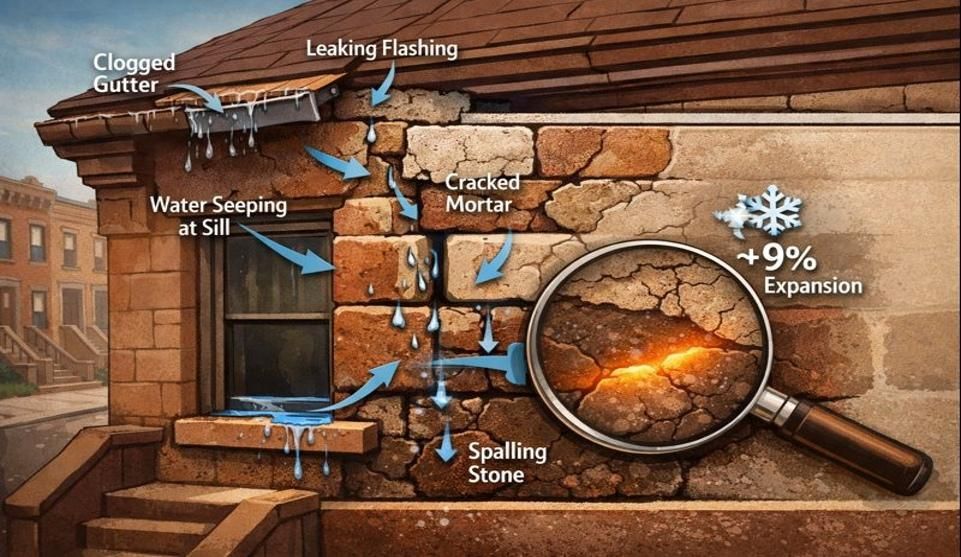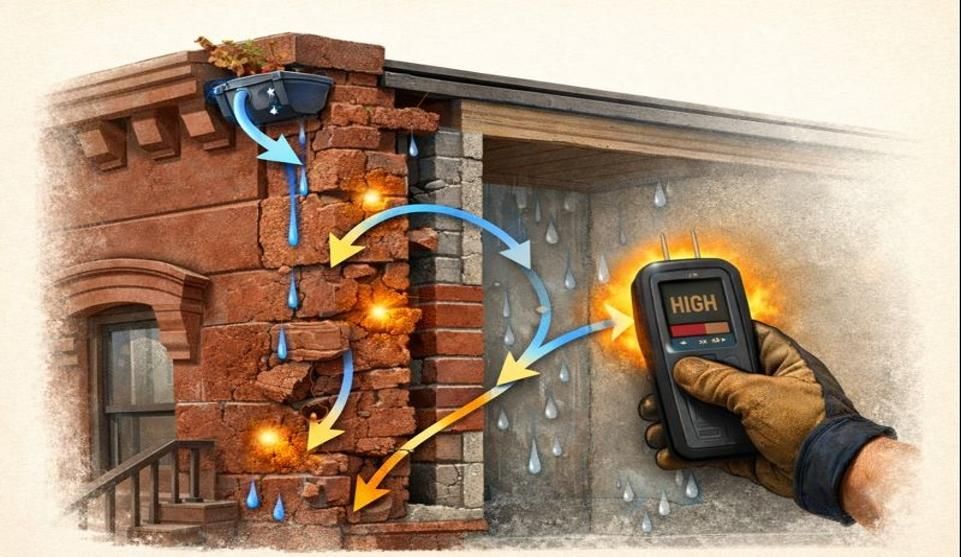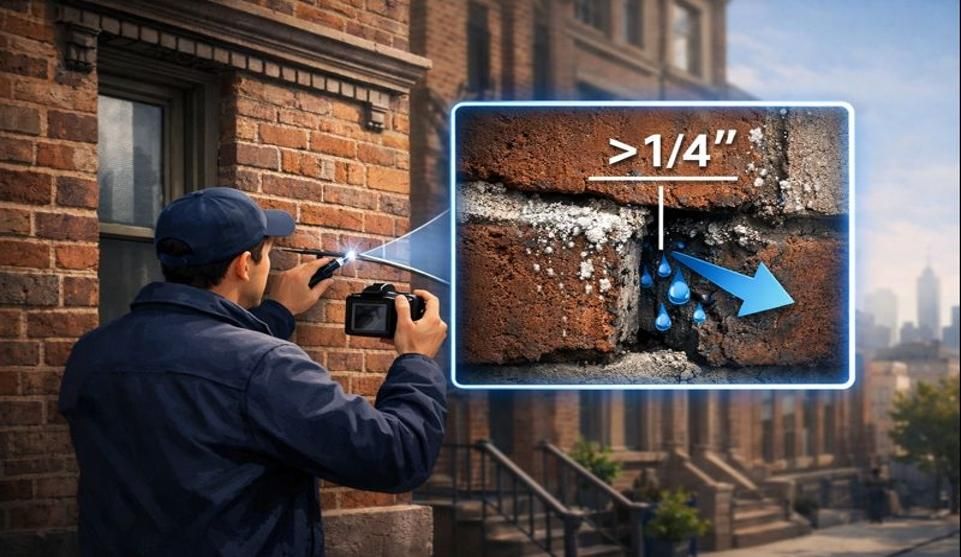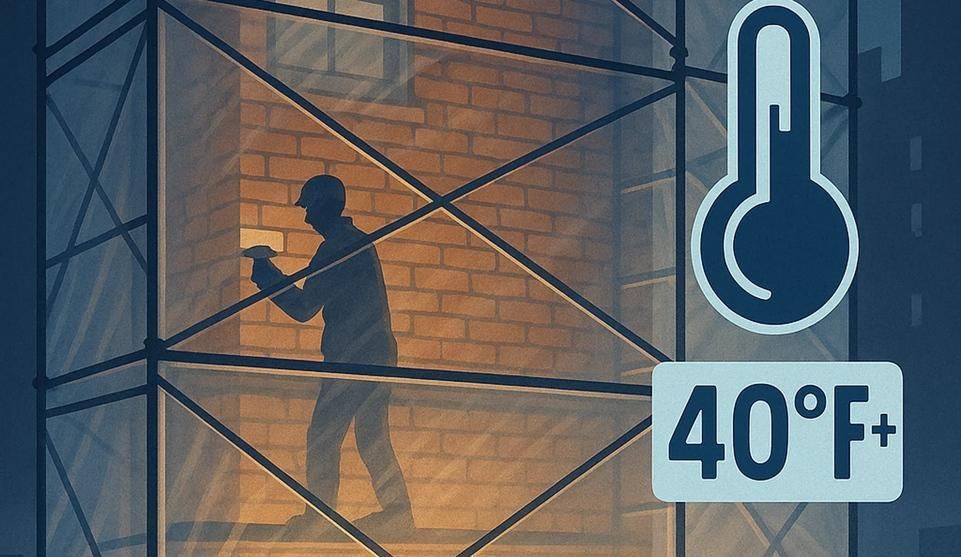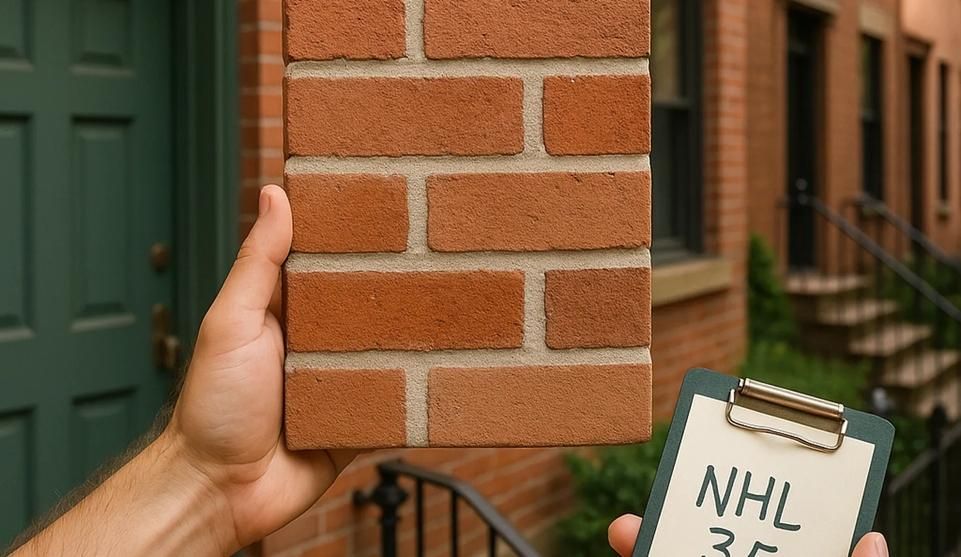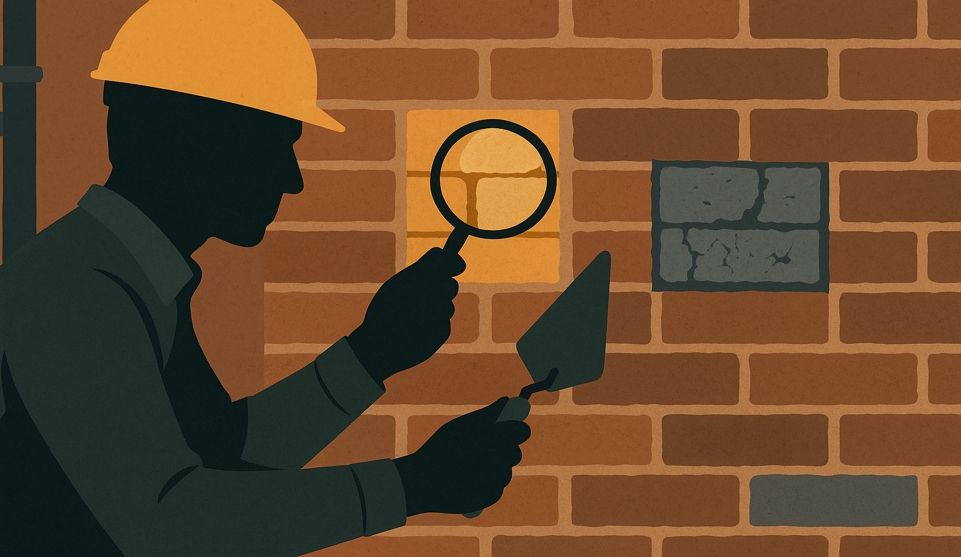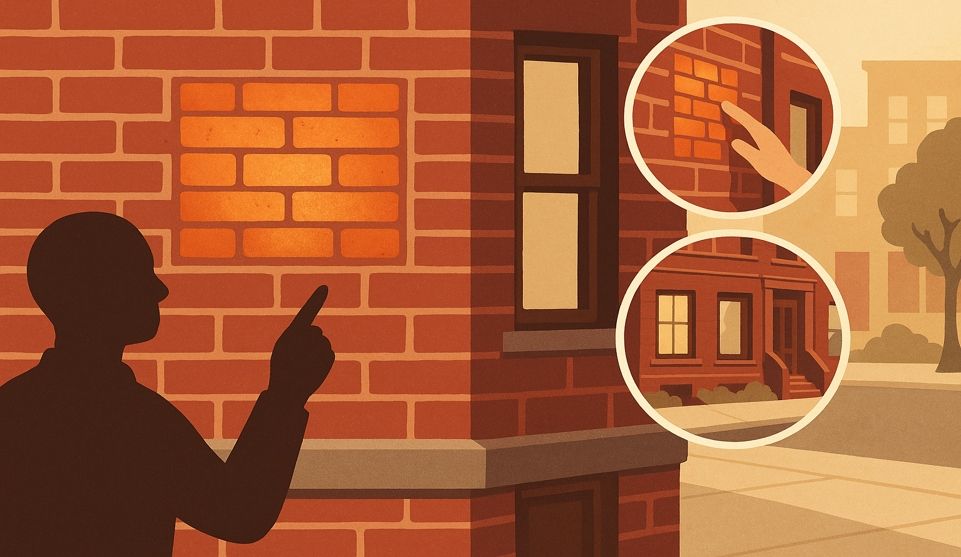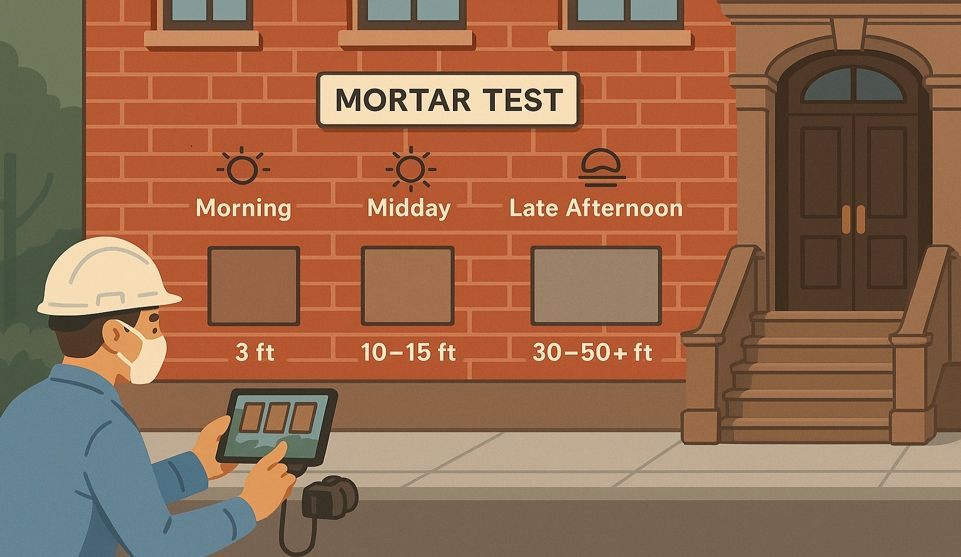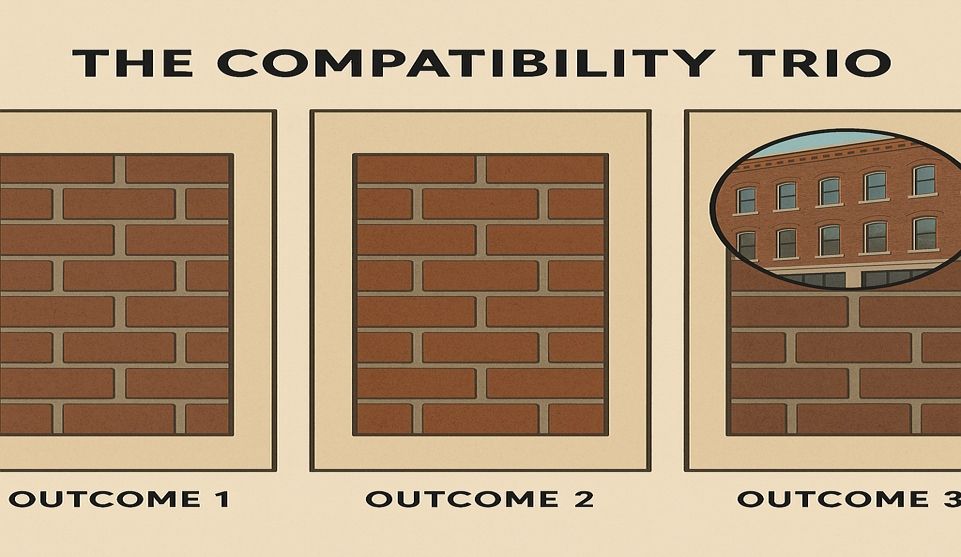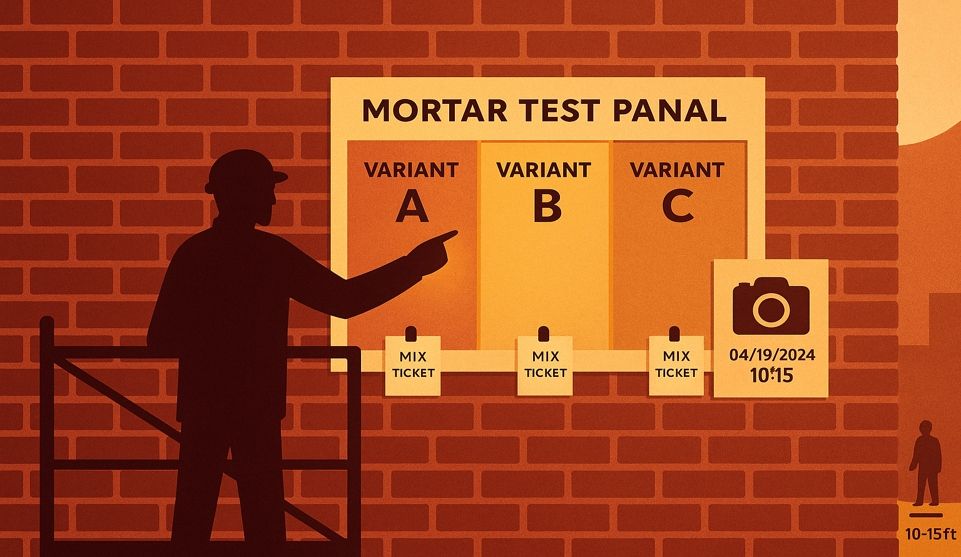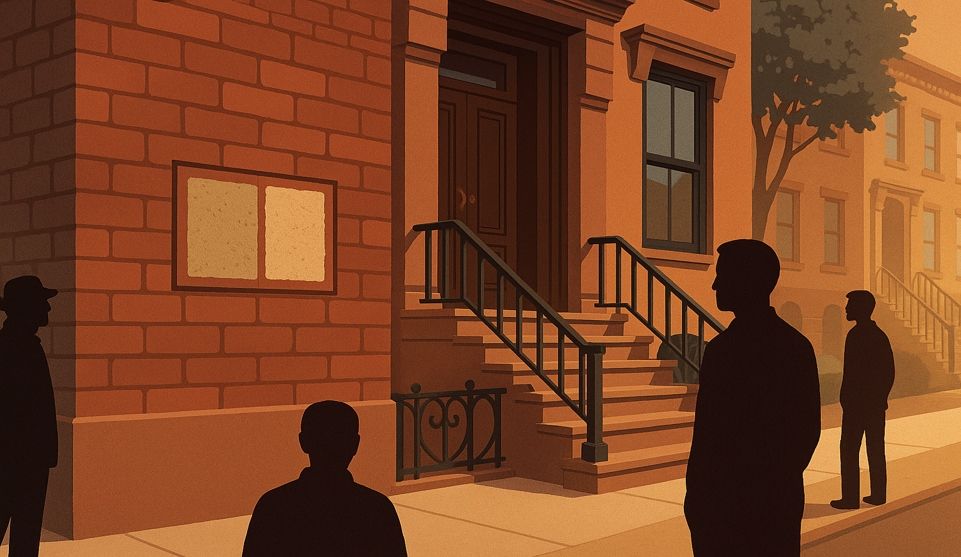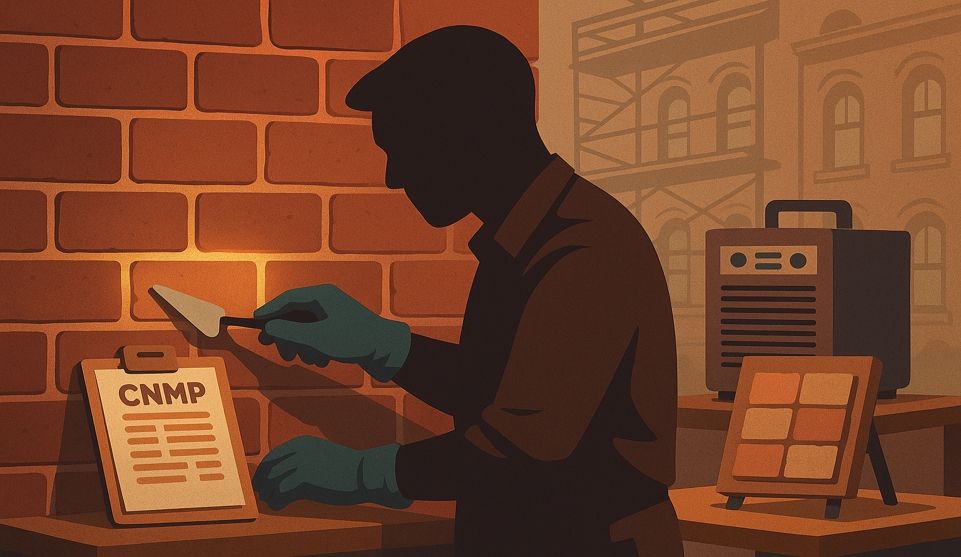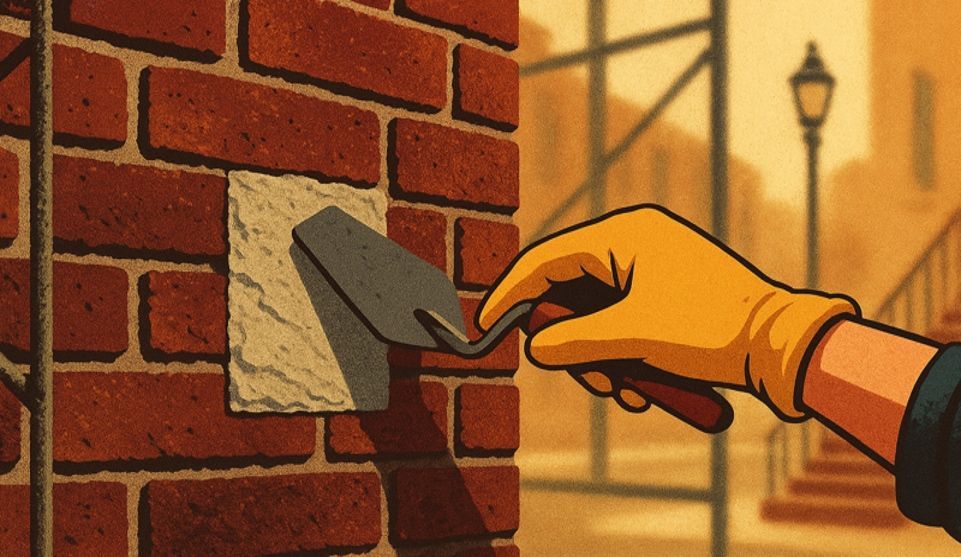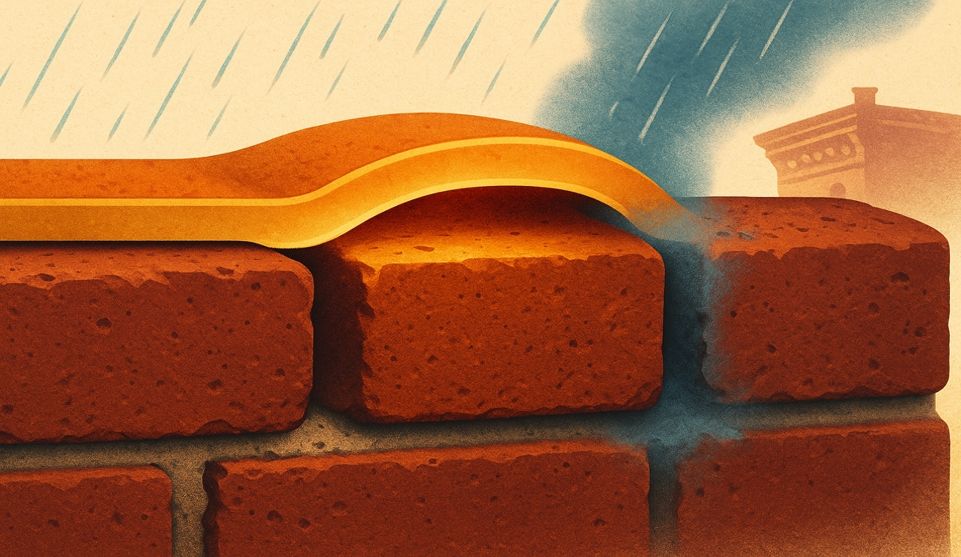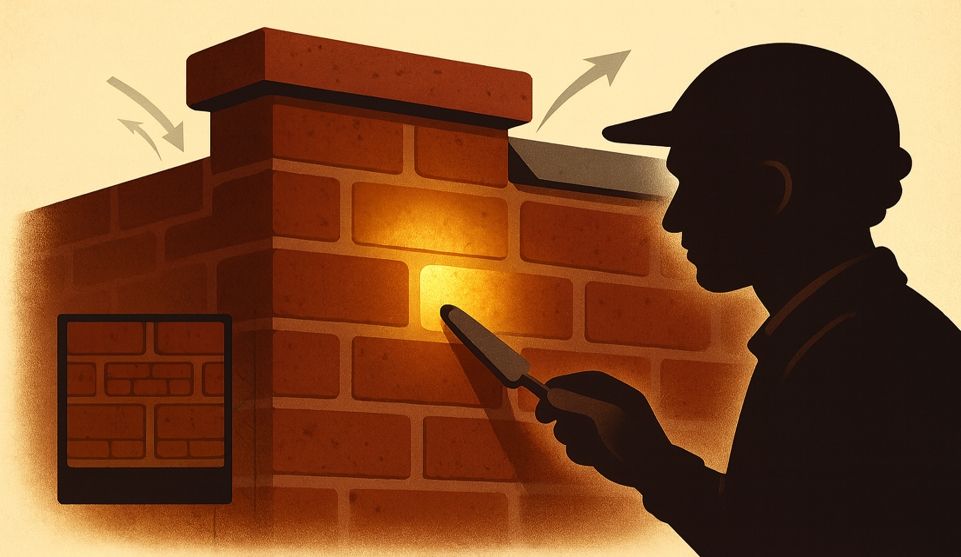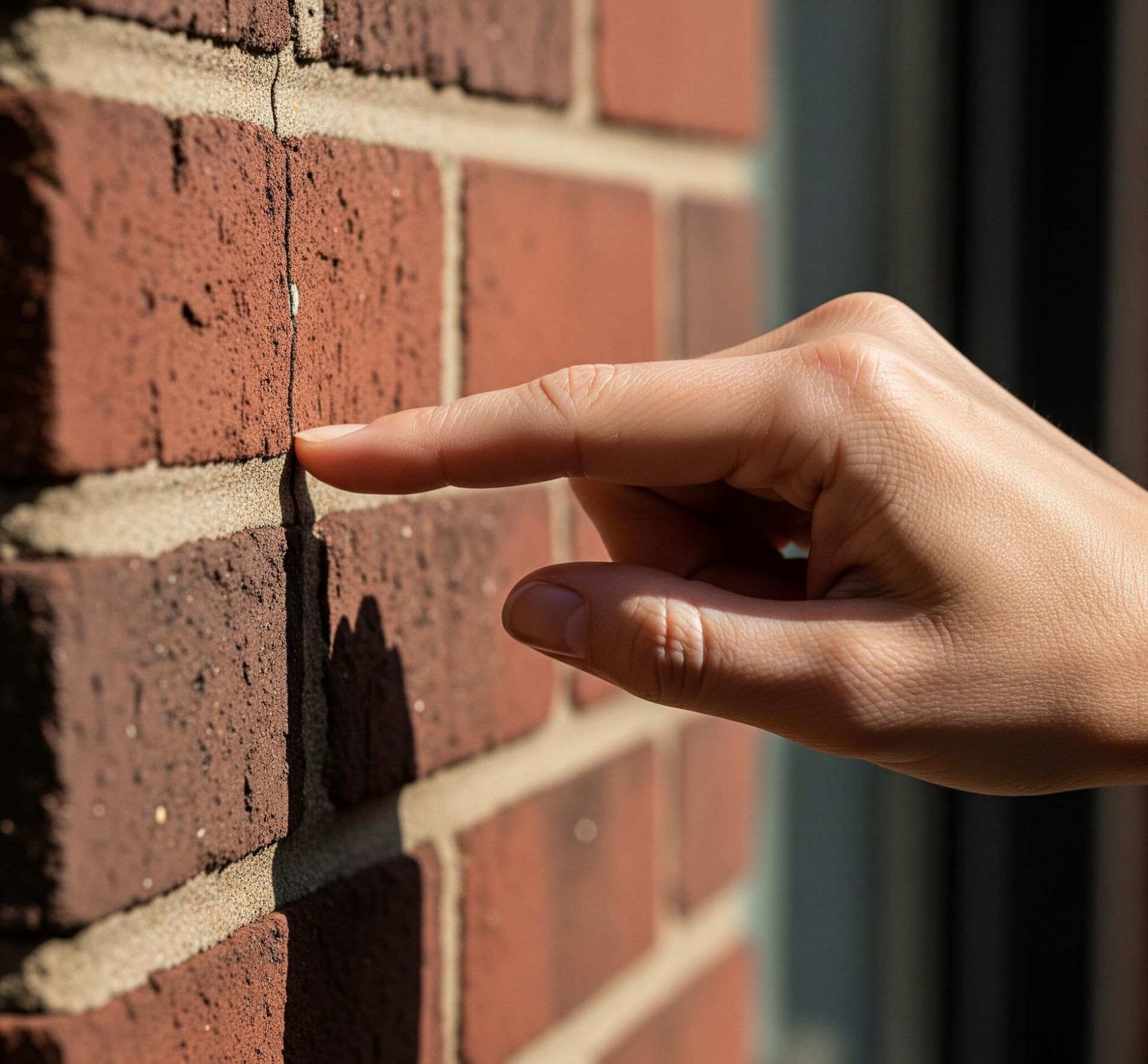Essential Questions to Ask Before Hiring a Heritage Brick Pointing Specialist
Key Takeaways:
- Verification of Experience: Ask for specific historic preservation experience with homes from your same architectural era, request references from similar Bronx properties, and inquire about preservation training or certifications they hold.
- Technical Knowledge Assessment: Evaluate their understanding of appropriate mortar composition for historic homes, pointing techniques for heritage brickwork, and familiarity with preservation standards like the Secretary of the Interior's Standards.
- Material Expertise: Verify they recommend period-appropriate mortar (typically lime-based with minimal Portland cement for historic Bronx homes), use hand tools rather than power tools that can damage historic brick, and understand proper curing conditions for traditional mortars.
- Protection Protocols: Ensure they have specific plans to protect surrounding historic features during the pointing process and carry liability insurance that specifically addresses historic property work.
Taking time to thoroughly vet potential contractors using these questions will protect both your home's architectural integrity and your investment in its preservation.
That gorgeous historic brick facade on your Bronx home has weathered decades of seasons. But choosing the wrong pointing specialist could damage its character in mere days.
Ever stared at your historic home's deteriorating mortar joints wondering who to trust? You're not alone.
Finding contractors who truly understand heritage preservation can feel like searching for a needle in a haystack. While everyone claims expertise with historic brickwork, the reality is more complicated. Your home's unique character—its very soul—hangs in the balance. One wrong mortar mix and you might as well be slapping modern makeup on a classic painting.
For Bronx homeowners invested in preserving both value and authenticity, knowing what questions to ask potential contractors isn't just helpful—it's essential. Wait, no... it's critical. When searching for quality brick pointing in Bronx, NY, this level of diligence becomes even more important for protecting your historic property.
This guide organizes the questions you need to ask into categories that will help you systematically separate the preservation-minded professionals from the quick-fix pretenders. Your historic Bronx home deserves nothing less.
+-------------------------------------------------------------------------------------------------------+
💡 Quick Takeaways
- Qualification matters: Verify specialists have specific historic preservation experience with similar homes
- Technical evaluation: Assess their knowledge of historic mortar techniques and preservation standards
- Material expertise: Ensure they understand proper mortar matching for your home's specific era
- Financial clarity: Request detailed cost breakdowns and payment structures before committing
- Project oversight: Understand how work will be managed, scheduled, and completed
+-------------------------------------------------------------------------------------------------------+
Experience and Qualification Questions
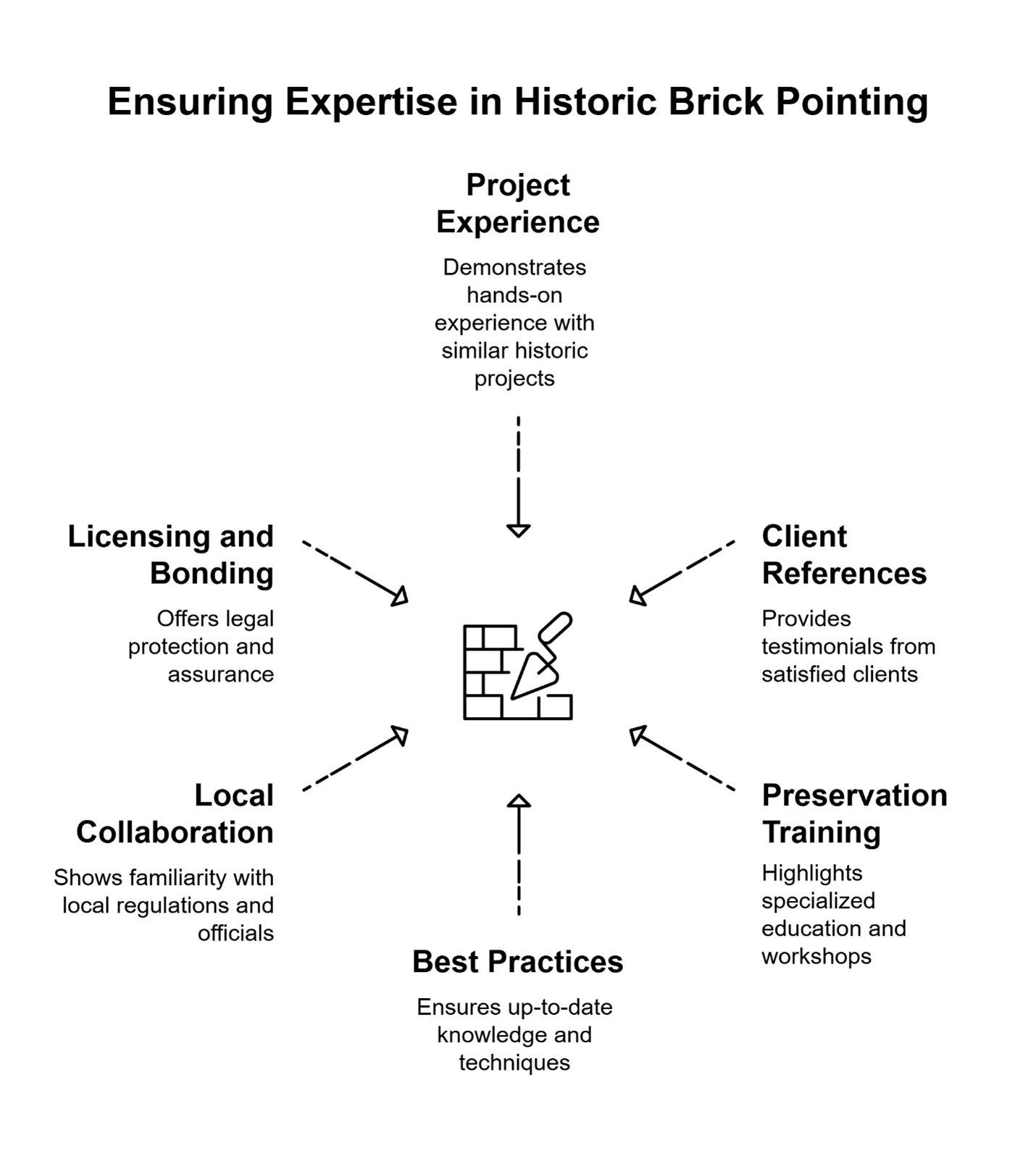
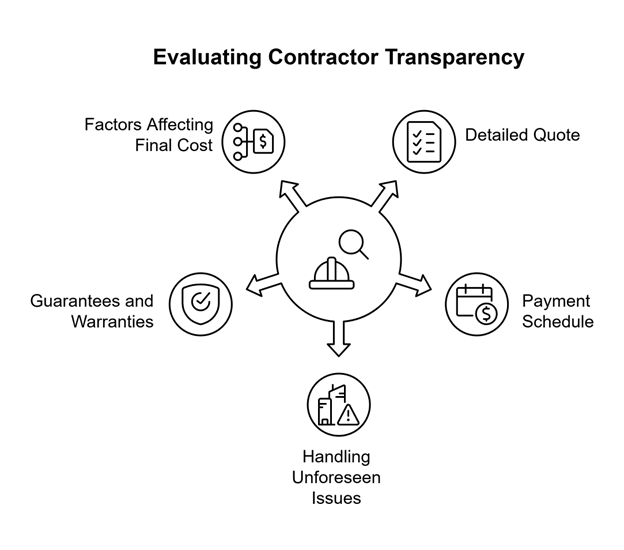
"Can you provide a detailed, itemized quote? What is included and what might be considered an additional cost?"
Vague, single-number estimates scream trouble. They hide potential surprises—and not the good kind.
A transparent specialist breaks everything down: materials, labor, equipment, scaffolding, cleanup. This itemization isn't just good business—it gives you a clear basis for comparison between contractors and prevents misunderstandings later. If they resist providing details, what else might they be hiding?
"What is your payment schedule, and how is it structured?"
Beware the contractor demanding large upfront payments. Reputable heritage specialists typically use phased payment approaches tied to project milestones. Perhaps 25% to start, then scheduled payments as work progresses. This approach protects both parties—giving you leverage to ensure quality while providing the contractor with reasonable cash flow. A payment structure that heavily favors either side often ends with someone unhappy.
"How are potential unforeseen issues and associated costs handled once the project begins?"
Let's be honest—historic homes love to surprise you. That perfect-looking wall might hide damaged brick, previous botched repairs, or structural issues. A trustworthy specialist acknowledges this reality and explains their process for documenting, communicating, and billing for necessary additional work. Look for commitments to discuss any surprises before proceeding with extra work or expenses. If they claim they never encounter surprises in heritage work, they're either inexperienced or dishonest.
"Do you offer any guarantees or warranties on your pointing work?"
Quality heritage specialists often provide workmanship warranties, though timeframes vary. Understanding what protections you have after project completion can significantly influence your contractor selection. Ask specifically how long their pointing work typically lasts in the Bronx climate—and what they'll do if problems emerge prematurely. Their confidence in answering reveals much about their work quality.
"What factors might cause the final cost to differ from the estimate?"
This question tests both transparency and experience. They should explain variables like weather delays, hidden damage, or scope changes that could affect the final price. More importantly, they should detail how such changes would be communicated and approved. Vague answers or excessive hedging suggests either inexperience with heritage projects or reluctance to commit to transparent pricing—neither is good for your historic home.
+-------------------------------------------------------------------------------------------------------+
💡 Quick Takeaways
- Transparent pricing: Detailed quotes prevent misunderstandings and unexpected costs
- Structured payments: Milestone-based schedules protect both parties and ensure work quality
- Contingency planning: Understanding how surprises are handled prevents mid-project disputes
- Long-term value: Warranties and guarantees indicate contractor confidence in their work quality
+-------------------------------------------------------------------------------------------------------+
Project Management Questions
"Who will be my main point of contact throughout the project?"
Chaos reigns when communication lines blur. You need to know exactly who'll answer your questions—the owner? Project manager? Site foreman? Having a designated contact prevents the frustrating game of telephone that plagues poorly managed projects. The best specialists establish clear communication channels from the start.
"How frequently will you provide updates on the project's progress?"
Some contractors vanish after the contract signing, reappearing only when it's time to collect payment. Unacceptable. Regular communication builds trust and prevents surprises. Whether it's daily check-ins, weekly meetings, or another schedule, the contractor should have a structured approach to keeping you informed. Their answer reveals whether they view communication as essential or optional.
"What is the estimated timeline for a project of this scope, and how do you manage potential delays?"
Weather happens. Material shortages happen. Unexpected discoveries happen. How the contractor plans for these variables matters tremendously. Listen for realistic timelines that account for Bronx's climate patterns and potential supply chain issues. More importantly, they should explain their approach to mitigating and communicating delays. Vague or overly optimistic timelines suggest inexperience or over-promising.
"How do you manage cleanup and site protection on a daily basis and upon project completion?"
This question reveals their respect for your property and living conditions. Heritage pointing creates substantial mess—brick dust, mortar debris, and equipment clutter. The contractor should detail daily cleanup procedures, dust control methods, and final restoration of the work area. For occupied homes, maintaining livability during the project isn't a luxury—it's essential.
"What is your process for addressing any concerns or disputes that may arise during or after the project?"
Even the best contractors occasionally face client concerns. A trustworthy specialist will describe a clear, structured process for addressing issues. This might include formal change order procedures, regular walk-throughs, or specific dispute resolution methods. Their answer should emphasize prompt communication and fair resolution. If they dismiss the possibility of problems or lack a clear resolution process, prepare for frustration if issues emerge.
+-------------------------------------------------------------------------------------------------------+
💡 Quick Takeaways
- Clear communication: Designated contacts and update schedules prevent misunderstandings
- Realistic scheduling: Understanding the timeline and delay management protects your expectations
- Property respect: Daily cleanup and site protection minimize disruption to your household
- Problem resolution: Established procedures for addressing concerns indicate professionalism
+-------------------------------------------------------------------------------------------------------+
Protecting Your Historic Bronx Home's Character and Value
By asking these essential questions, you'll separate preservation specialists from contractors who might inadvertently damage your home's historic character. Remember—expertise in modern construction doesn't translate to heritage preservation. The approaches aren't just different; they're often opposite.
The right specialist welcomes your detailed questions. They'll provide clear explanations that demonstrate their knowledge, not vague reassurances. Most importantly, they'll share your commitment to preserving your home's historic character—viewing themselves as temporary stewards of your property's architectural legacy.
Take time to thoroughly vet potential contractors. The difference between proper heritage pointing and inappropriate modern techniques isn't just aesthetic—it's the difference between preservation and gradual destruction of your historic Bronx home. When considering brick pointing in Bronx, NY, remember that your home has stood for generations. With the right specialist, it will stand for generations more.
Frequently Asked Questions
Q: How do I evaluate a contractor's preservation experience?
A: Look beyond the number of completed projects. Focus instead on quality, relevance, and complexity. Has the contractor worked on homes similar to yours in style and age? Can they show photos of completed work? Will previous clients speak candidly about their experience?
A contractor who's repointed fifty modern buildings doesn't necessarily trump one who's carefully restored five historic Bronx brownstones. The depth of understanding matters more than quantity. Ask to see examples and speak with references about both the process and the durability of the work.
Q: What qualifications indicate expertise in historic preservation?
A: No single certification guarantees expertise in heritage brick pointing. Instead, look for training through programs like Preservation Trades Network workshops, the International Masonry Institute's Historic Masonry Preservation program, or similar education.
Practical experience and verifiable references often tell you more than credentials alone. The most qualified specialists demonstrate their commitment through ongoing education and professional affiliations with preservation organizations. Their passion for historic preservation should be evident in how they discuss your project.
Q: Should I get multiple quotes before deciding?
Absolutely. Obtaining 3-5 detailed quotes allows you to compare approaches, materials, timelines, and costs. But remember—the lowest bid rarely equals the best value for heritage work.
Look for quotes that provide specificity about materials, methods, and timelines. Suspiciously low bids often indicate corners being cut, inappropriate materials being used, or inexperience with the true requirements of heritage work. Quality preservation isn't cheap, but it's far less expensive than fixing damage from improper pointing.
Questions You Might Not Think to Ask
Q: Should I ask to see the contractor's liability insurance specific to historic properties?
A: Absolutely. Standard construction insurance may not adequately cover damage to historic elements. Request proof of insurance that specifically addresses historic property work to ensure you're protected if something goes wrong.
The right contractor will readily provide this documentation. If they hesitate or claim such specific coverage isn't necessary, consider it a warning sign about their understanding of heritage work's unique requirements and risks.
Q: How important is it that the contractor has worked on homes from my specific architectural period?
A: Very important. Different architectural styles and periods used distinct masonry techniques and materials. A specialist with experience in homes of your specific era will better understand your property's unique requirements.
The pointing techniques appropriate for an 1880s Queen Anne differ from those for a 1920s Tudor or 1940s Colonial Revival. Specialists with period-specific experience recognize these nuances without prompting—they understand your home's architectural language.
Q: What documentation should I expect during and after the project?
A: Ask about before/after photography, written specifications of materials used, maintenance recommendations, and warranties. Comprehensive documentation protects your investment and provides valuable information for future maintenance.
Quality heritage specialists document their work thoroughly. This isn't just record-keeping—it's responsible stewardship of historic properties. This documentation becomes part of your home's ongoing historical record, valuable both for your own maintenance planning and for future owners.
🧱 Preserve Your Historic Bronx Home the Right Way
At City Suburb, our expert brick pointing services help protect your home's original charm while preventing costly structural damage. With decades of experience and a focus on historic preservation, we use the right materials and techniques to keep your brickwork beautiful and durable for years to come.
Contact us today to speak with a specialist who understands what your historic home truly needs. Or browse our site to explore our masonry services, past projects, and more.
"How many historic brick pointing projects have you completed on homes from the same era as mine?"
This question cuts through generic claims of experience. A true heritage specialist won't mumble vague nonsense about working on "old buildings." They'll light up discussing specific projects on Federal, Greek Revival, or Victorian homes like yours in the Bronx. They should name architectural styles and periods confidently—not just say they've "fixed up some old places."
"Can you provide references from homeowners with similar historic properties in the Bronx area?"
Real experts have a trail of satisfied clients eager to sing their praises. Call these references. Ask pointed questions about the contractor's attention to historical details. Has the pointing survived Bronx's brutal freeze-thaw cycles? Did they respect the home's character? Or did they just slap on whatever mortar was on the truck that day?
"What historic preservation training or education do you have?"
Here's where it gets interesting. There's no single "Historic Brick Pointing Certificate" to look for. Instead, listen for mentions of organizations like the Preservation Trades Network, Traditional Building Conference, or specialized workshops. True specialists never stop learning their craft. They pursue knowledge like collectors hunt rare coins—with passion and purpose.
"How do you stay current with preservation best practices?"
The answer reveals whether you're talking to a preservation professional or someone who last updated their knowledge when disco was king. Specialists should mention workshops they've attended, journals they read, or preservation organizations they belong to. Their excitement should be palpable—these people are passionate preservationists, not just people who point brick.
"Have you worked with local historic preservation officials before?"
If your home sits in one of the Bronx's historic districts, this question is gold. A specialist familiar with local preservation requirements won't just save you headaches—they'll prevent potential fines and compliance nightmares. They should name specific districts they've worked in and officials they've collaborated with.
"Are you licensed and bonded to perform this work in the Bronx? Can you provide your license numbers?"
This isn't just bureaucratic box-checking. It's essential protection for you and your home. Legitimate specialists will give you this information without hesitation. Be wary of anyone who gets defensive or claims such credentials are "unnecessary" for heritage work. They're not just necessary—they're non-negotiable.
+-------------------------------------------------------------------------------------------------------+
💡 Quick Takeaways
- Look for specificity: Vague answers about "experience with old buildings" signal potential concerns
- Local knowledge matters: Specialists familiar with Bronx's historic architecture bring valuable expertise
- Ongoing education: While formal certification may not exist, participation in preservation workshops indicates dedication
- Proper credentials: Verification of licenses and bonding protects you legally and financially
+-------------------------------------------------------------------------------------------------------+
Technical Knowledge Assessment Questions
"How do you determine the appropriate mortar composition for a historic home?"
This separates the preservation-minded from the rest. Listen carefully. If they immediately suggest modern Portland cement without analysis, run. Fast.
A knowledgeable specialist will talk about conducting mortar analysis or sampling to match the original composition. They should discuss lime-based mortars with excitement that borders on obsession. Historic bricks need to breathe, and the right specialist understands this isn't just a technical detail—it's the difference between preservation and slow destruction.
"What pointing techniques do you use for historic brickwork?"
Their answer should make you feel like you've stumbled into a craft workshop, not a sales pitch. Traditional hand tools—chisels, hammers, jointers—should dominate the conversation, not power grinders that can destroy historic brick faces. They should talk passionately about joint profiles—concave, weathered, flush—and how different styles belong to different architectural periods. If they don't seem to care about such "details," they don't care about your home.
"How familiar are you with the Secretary of the Interior's Standards for historic preservation?"
This might sound overly academic, but it's not. These guidelines form the backbone of proper preservation practice. A qualified specialist won't just know they exist—they'll explain how these standards influence their approach to heritage pointing. If they look confused or dismissive, they're not the preservation specialist your home deserves.
"What special considerations do Bronx's climate conditions require for pointing work?"
The Bronx's freeze-thaw cycles and temperature fluctuations create unique challenges for historic masonry. Knowledgeable specialists will discuss how local climate impacts their approach—from seasonal work scheduling to mortar compositions that handle temperature variations. Regional expertise matters tremendously when preserving historic structures.
"How do you assess the extent of repointing needed?"
The answer should emphasize preservation of original materials. Good specialists don't suggest wholesale repointing when selective repair will suffice. They should describe a careful evaluation process to identify only deteriorated joints for replacement. If they recommend complete repointing without assessment, they're either inexperienced or overeager to inflate the job.
+-------------------------------------------------------------------------------------------------------+
💡 Quick Takeaways
- Material knowledge: Understanding historic mortar composition is essential for compatible repairs
- Preservation standards: Familiarity with established guidelines indicates professional expertise
- Regional adaptations: Work should address the specific climate challenges of the Bronx area
+-------------------------------------------------------------------------------------------------------+
Material and Method Questions
"What type of mortar do you recommend for my home's era, and why?"
The answer reveals whether the contractor truly understands period-appropriate materials or is just slapping on whatever mortar comes in the truck. For most historic Bronx homes, lime-based mortars with minimal or no Portland cement are appropriate. A specialist should explain why this matters—how lime mortar allows your bricks to breathe and flex, while modern cement can trap moisture and crack historic brick. They're not just selling you a service; they're protecting your home's structural integrity.
"How will you protect surrounding historic features during the pointing process?"
Your home isn't just brick walls. It has decorative elements, historic windows, period doors—all irreplaceable. A preservation-minded contractor will detail specific protection methods for these features without prompting. They should talk about dust containment, protective coverings, and careful work zones. Their answer should leave you confident they view your entire home as a treasure, not just a jobsite.
"What tools will you use to remove deteriorated mortar?"
This question is a trap for the unqualified. Listen for emphasis on hand tools—chisels, hammers, and hand-held jointing tools. If they primarily talk about power grinders and saws, your historic brick faces risk damage. While limited power tool use might be mentioned for specific situations, hand tools should dominate the conversation for heritage work. The right specialist prioritizes your brick's safety over their schedule.
"How will you ensure the new pointing matches the original appearance?"
A true heritage specialist won't just match mortar composition—they'll obsess over color, texture, and joint finishing technique. They should suggest creating test panels for your approval before beginning full-scale work. This isn't just aesthetic perfectionism; it's respect for your home's historical integrity. The pointing should look like it's always been there, not like a recent patch job.
"What weather conditions do you require for pointing, and how will they affect the project timeline?"
The answer reveals their understanding of proper curing conditions for traditional mortars. Historic lime mortars require specific temperature ranges and moisture levels to cure properly—conditions that affect scheduling in the Bronx's seasonal climate. A knowledgeable specialist will explain these requirements and how they'll manage them, even suggesting potential work windows based on typical Bronx weather patterns. This isn't being picky; it's ensuring the longevity of your pointing work.
+-------------------------------------------------------------------------------------------------------+
💡 Quick Takeaways
- Material selection: Period-appropriate mortar composition protects brick while preserving authenticity
- Protection protocols: Comprehensive safeguards prevent damage to surrounding historic elements
- Weather awareness: Understanding climate factors ensures proper mortar curing and longevity
+-------------------------------------------------------------------------------------------------------+
Cost and Payment Structure Questions

